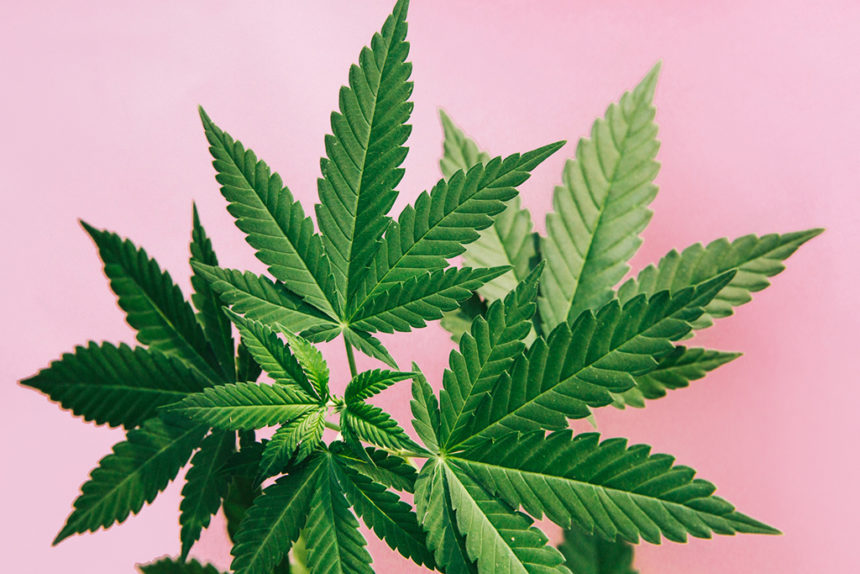The U.S. may be one step closer to legalizing marijuana based upon a recent proposal from the Department of Justice.
The federal agency rolled out a proposal last week that, if enacted, would significantly ease federal restrictions on the drug — and likely spur more investment in the cannabis market.
The proposal would reclassify cannabis from a Schedule I drug to a Schedule III drug, making it much easier for researchers to study it.
The move would also reduce the severity of criminal penalties linked to the drug and make it easier for cannabis businesses to seek investments and loans from banks.
Since 1970, cannabis has been listed in Schedule I — the most severe classification that refers to drugs the Drug Enforcement Agency (DEA) considers highly addictive with no medical benefits. Other schedule I drugs include heroin, LSD and ecstasy.
Schedule III drugs, meanwhile, are considered to have low to moderate risk of addiction and include ketamine, Tylenol with codeine, and anabolic steroids.
The public will have 60 days to submit comments on the DOJ proposal, which comes a couple of years after President Joe Biden requested the Food and Drug Administration (FDA) conduct a scientific review of marijuana’s classification.
In the review, the FDA found “some credible scientific support” for the use of marijuana in the treatment of chronic pain, anorexia related to a medical condition, and nausea and vomiting.
The agency added that no safety concerns were identified in the review that would indicate the medical use of marijuana poses unacceptably high safety risks.
Subsequently, Biden called the proposal “monumental” and highlighted the potential of reclassification to tackle some of the longstanding inequities related to Schedule I marijuana restrictions.
“Far too many lives have been upended because of a failed approach to marijuana, and I’m committed to righting those wrongs,” Biden said. “You have my word on it.”
Re-classifying the drug would not make it legal on the federal level, but it would open up new opportunities for researchers to study the drug for medical purposes.
Cannabis companies could also see the easing of restrictions from banks.
Most banks in the U.S. do not lend to cannabis companies due to its federal status; as a result, companies have to rely on cash transactions to remain in business.
The cannabis industry welcomed the move, with the U.S. Cannabis Council noting in a statement that once finalized, the reclassification of cannabis to Schedule III will mark the most significant federal cannabis reform in modern history.
“Under the status quo, it is challenging to merely break even as a regulated cannabis business,” the organization continued. “Moving to Schedule III will boost cannabis businesses of all sizes — particularly independent and social equity operators — and make the regulated market much more competitive with the larger illicit market.”
As a result, the council argued, people will be more likely to buy cannabis from licensed companies that “enforce age restrictions and sell safe, high-quality products.”
It appears that the FDA, Justice Department and the Department of Health and Human Services are thus far all on board for reclassifying the drug.
Still, the DEA will now have to agree to the change.







